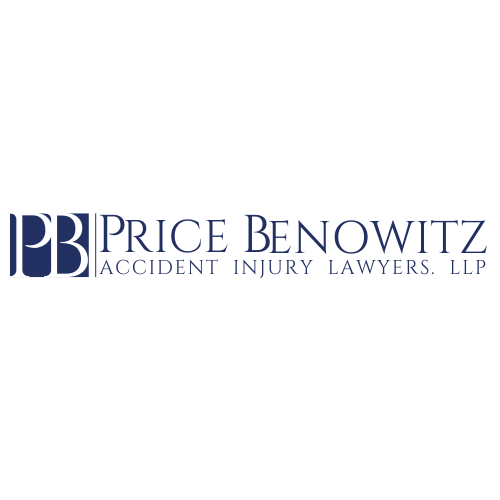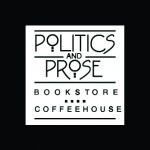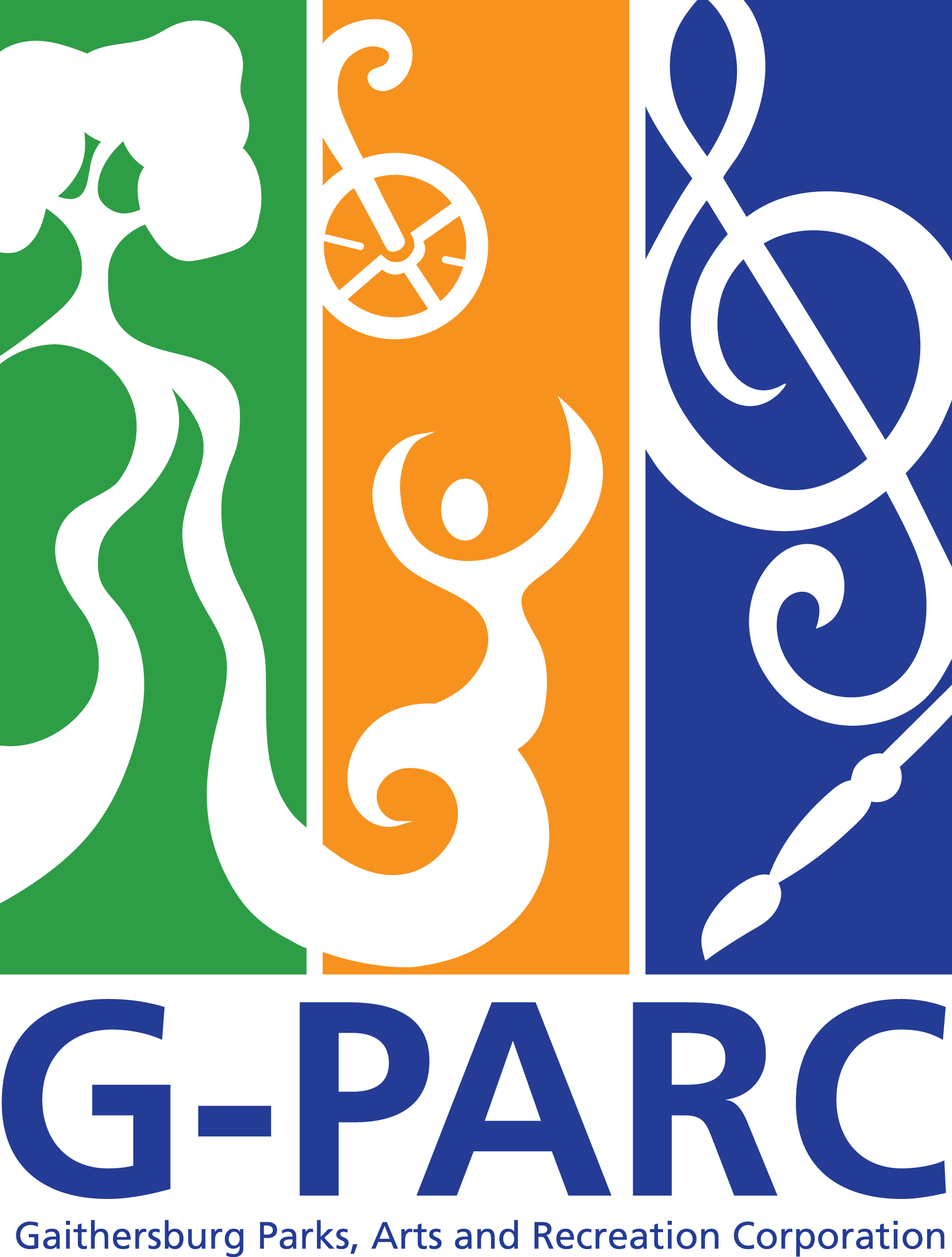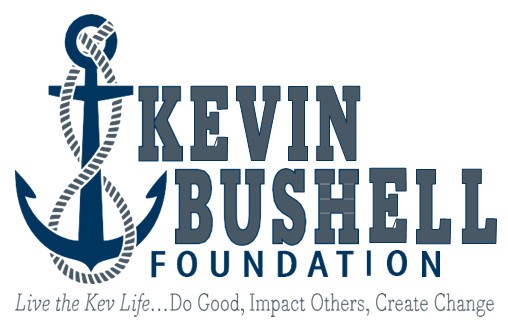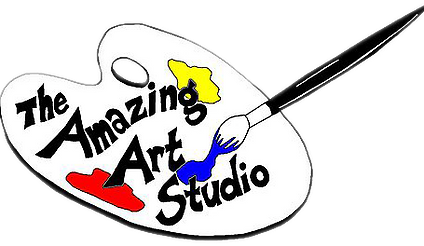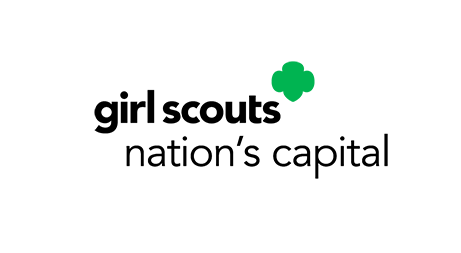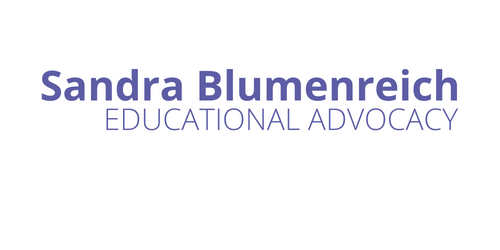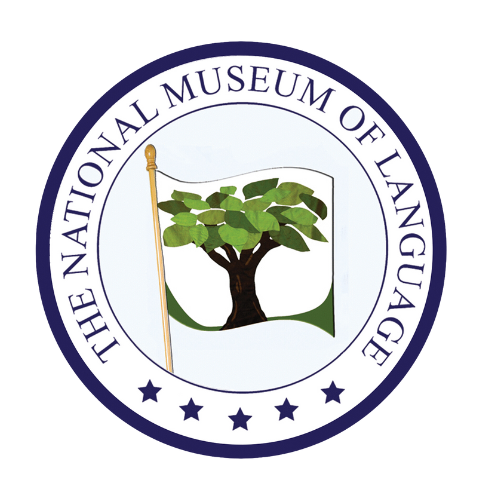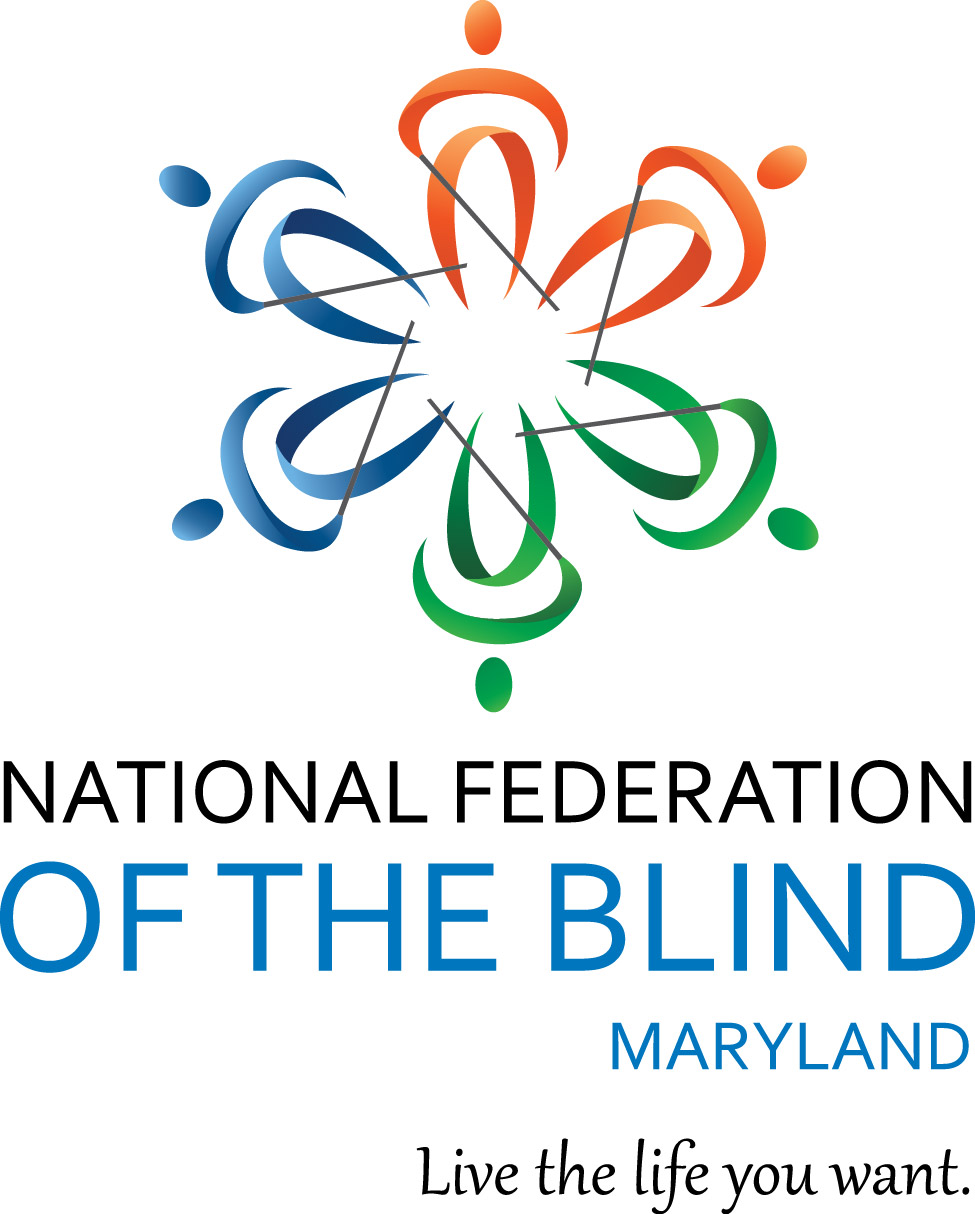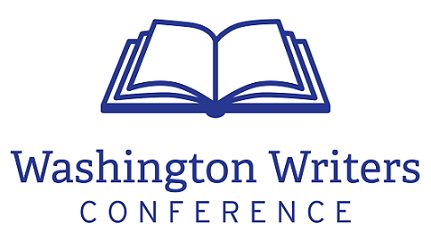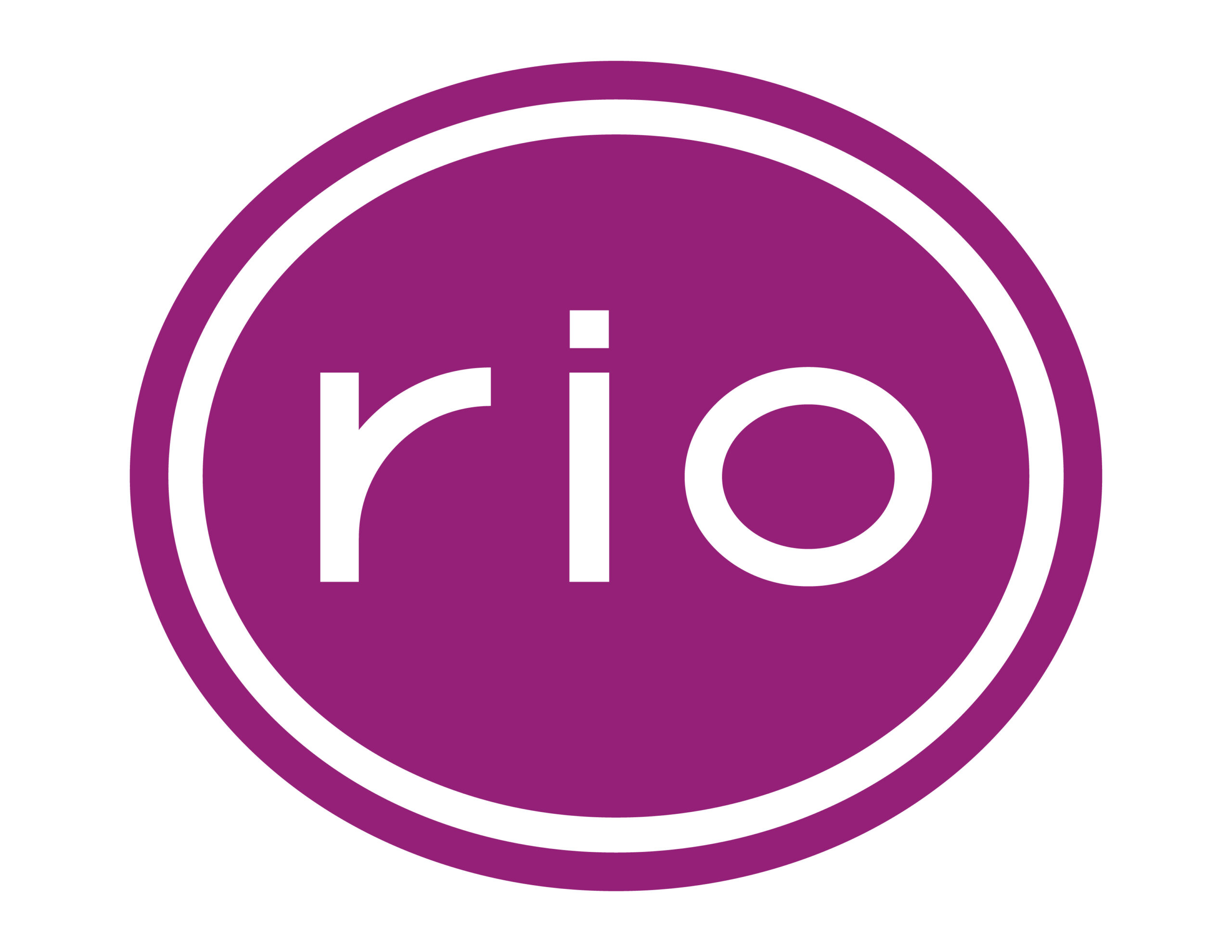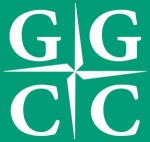Q&A with Local Historian & Author Garrett Peck
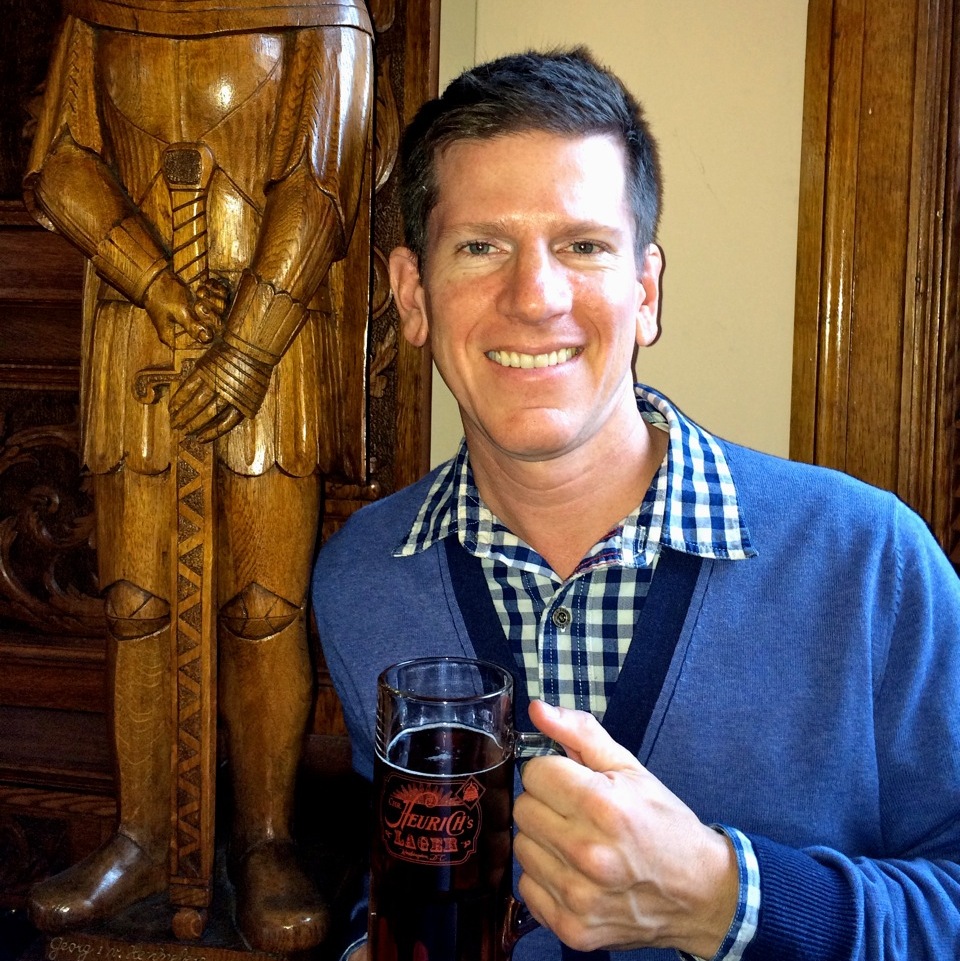
Garrett Peck is a literary journalist, local Washington-area historian and author of five books: “The Prohibition Hangover: Alcohol in America from Demon Rum to Cult Cabernet;” “Prohibition in Washington, D.C.: How Dry We Weren’t;” “The Potomac River: A History and Guide” and its sequel, “The Smithsonian Castle and The Seneca Quarry.” His latest is “Capital Beer: A Heady History of Brewing in Washington, D.C.”
What’s the funniest/scariest/best interaction you’ve had with a fan?
“Capital Beer,” the book I’ll present at this year’s Gaithersburg Book Festival, is my fifth book – and my third that examines Americans and alcohol. When my first book, “The Prohibition Hangover,” came out in 2009, I was hoping the book would be controversial, but it turned out that many people simply shrugged and said, “Of course alcohol is just a normal thing. I mean, I drink. So what?” They’ve forgotten how much alcohol was once the central figure in the century-long culture war between drys and wets. I figured more prohibitionists would be out there, but the temperance movement is largely extinct after Prohibition failed.
That said, there was this one man who showed up at a bookstore event in Davis, California, who I called “The Crusader.” He was an anti-alcohol advocate, a Methodist minister who said vaguely that he worked in alcohol education. He sat in the back row, directly behind my mom, who remarked afterward that she could sense every time he bristled at one of my comments. (She doubts he has a congregation; he would have better understood or accepted that most people drink today.)
Fortunately, before my talk I spoke with this guy – or should I say, he spoke with me – for 10 minutes while he went on an anti-alcohol harangue. He quoted the usual stuff about all the bad things that alcohol does – but mentioned none of the good. How Prohibition could have worked; how alcohol advertising is bad and should be banned; how young people’s brains don’t develop until 25 (and plainly said he’d be fine with shifting the drinking age to 25), how drinking will give women breast cancer and that Europe has much higher rates of binge drinking. (In fact, it doesn’t, but this is a counter against those who call for American parents to raise their kids by teaching them how to drink at the dinner table.)
He cited the usual, academic-based, “I’ve seen studies,” and quoted a lot of data, most of it correct, but some not. It was interesting to see how one can look at the same data and come up with an entirely different conclusion. He had it in his mind that alcohol is bad. I never asked him if he was a drinker – I knew implicitly that he wasn’t. I looked him up online later and found that he headed an anti-alcohol advocacy group. In a state like California where the alcoholic beverage industry is a huge economic engine, I can’t imagine his group getting far with their agenda.
Since I knew where he stood, I acknowledged his position in my talk, but without agreeing with him. Still, he fairly bristled throughout my 45-minute discussion. He only asked a couple questions, one on alcohol advertising, the other on health, but his body language said it all. It was a catalog of angry faces. I dropped in the health benefits of alcohol – especially for the cardiovascular system – and mentioned that some doctors are now counseling patients in their 50s to drink a glass of red wine a day for health. He shouted out incredulously, “They do not!!”
And I responded, “Yes, they do.” and cited quite a number of my friends in their 50s – 70s who have had “the talk.”
While you don’t see this strong anti-alcohol bias that much anymore, it still pops up once in a while. I didn’t want to belittle his views; who knows his personal story or family history. It could have been quite tragic, and people do have a right to their opinions, even if we disagree with them. But I did find his view out of touch with where most Americans stand on alcohol. “The Prohibition Hangover” was about creating a synthesis, acknowledging that most of us drink now and that’s a good thing if done in moderation. I think he had false expectations that the book was going to be in line with his belief system that only harm comes from alcohol. I’m afraid he wasn’t a satisfied customer. (Though I suspect he never bought the book… although the event was held in a bookstore, he told me in his pre-talk harangue, “Oh, I’ll just pick up the book on Amazon and save a couple bucks.” Freeloader.)
Do/did you have a day job? What was it and how did it influence your writing?
I do indeed have a day job, working in marketing for a major telecommunications company. It was, in fact, the bankruptcy and meltdown of WorldCom in 2002 that propelled me into writing. I’ve been fond of telling fellow authors not to quit your day job if you go into writing books. You don’t make much money from it, it takes an enormous amount of time to write and edit a book, but it is an immensely satisfying experience. The day job grounds me and pays the mortgage, while on the evenings and weekends I research and explore the world of writing.
Why should people come listen to you talk about your book?
Do you like history? Do you like beer? Then you’ll love “Capital Beer.”
I write with a lot of humor, but also scholarship, uncovering some really cool unknown facts that were even surprising to me. Do you know that the first brewer in the District of Columbia was Andrew Wales in Alexandria? (Yes, Alexandria was incorporated into the District in 1791.) Or who first brewed lager in DC? Or that the first image of a DC brewery is in an 1833 painting? And I know where the bodies are buried. Literally – I wrote a section of where you can visit the last resting places of where people like Christian Heurich, Albert Carry and Robert Portner are buried. And if you’re thirsty after the festival – I certainly will be! – come find me at Growler’s. Support your local brewery! And bring your growler.
Where do you go to find your ideas?
I write non-fiction, and I have no end of book ideas to research and write. I’m hoping to publish a book each year, which is an aggressive goal. Most of my research is primary (meaning archival – it’s a fun treasure hunt to discover some forgotten item), or involves interviewing people involved in an issue to get their perspective. I like to call myself a “literary journalist,” as I use modern journalism to write books.




